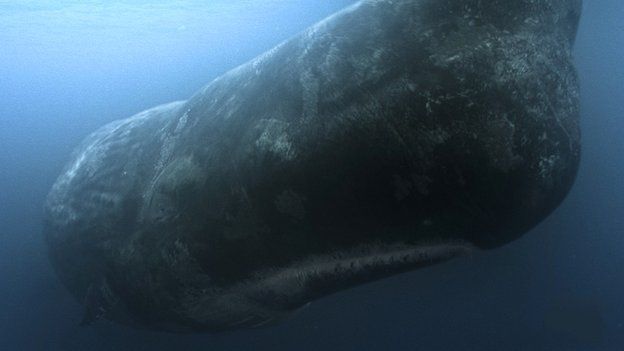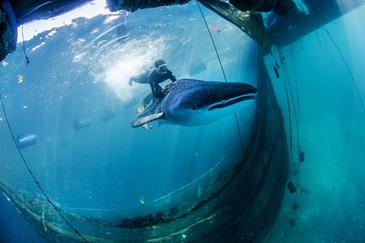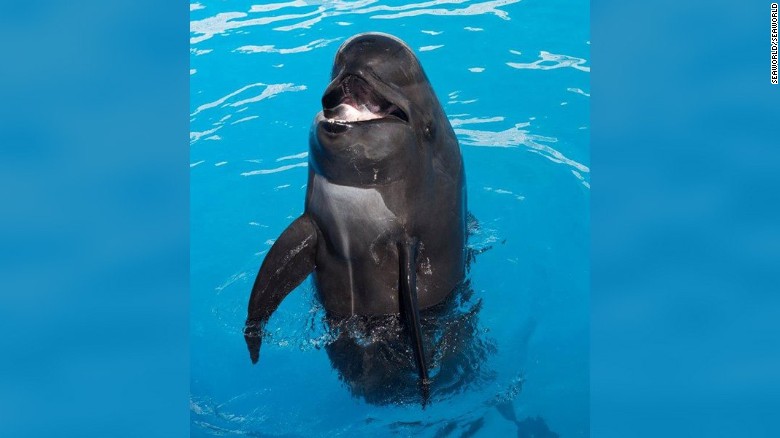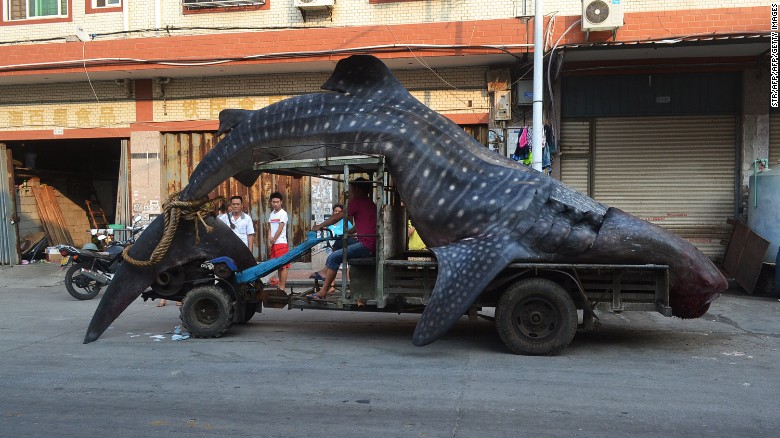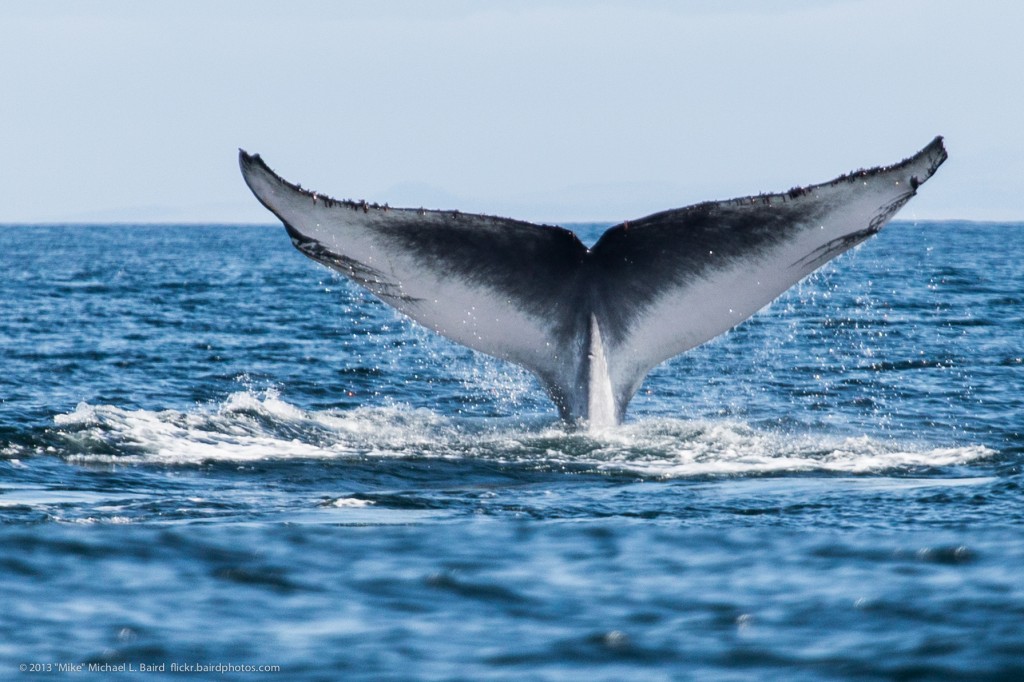1. Floating Screen Will Sift Plastic Out of the Ocean
 The Ocean Cleanup Foundation has created a prototype for a floating barrier that will gather the mass of plastic bits from bottles, bags, fishing nets, and other trash. The technology is currently in prototype phase but if it is successful, a 100km version will be launched between Hawaii and the US est coats in 2020. During the prototype phase, the team will monitor how the barrier will hold up in rough ocean currents and winds. The barrier is made of rectangular rubber buoys that keep the barrier afloat. Read more...
The Ocean Cleanup Foundation has created a prototype for a floating barrier that will gather the mass of plastic bits from bottles, bags, fishing nets, and other trash. The technology is currently in prototype phase but if it is successful, a 100km version will be launched between Hawaii and the US est coats in 2020. During the prototype phase, the team will monitor how the barrier will hold up in rough ocean currents and winds. The barrier is made of rectangular rubber buoys that keep the barrier afloat. Read more...
-----------------------------------------------
2. Every Sperm Whale May Have Descended From the Same Female
A new study in the journal Molecular Ecology reveals that it is possible that modern sperm whales descended from a single female. Scientists reviewed the mitochondrial DNA of the species and they were able to connect them to a single, "Eve"-like whale. DNA was taken from 1,633 whales. The social structures of sperm whales restrict the ability of sperm whales to differentiate and prevent new DNA from getting into the stream. Read more...
-----------------------------------------------
3. New Study Highlights Hidden Values of Open Ocean

A team of scientists from NOAA Fisheries and the University of California San Diego have attached a dollar value to some of the natural benefits of the ocean. The ecosystem services provided by the Eastern Tropical Pacific are worth close to $17 billion USD. This is the sum of the worth of commercial fishing, sport fishing, and the capture and storage of carbon. Rebuilding population of dolphins and fish may provide an additional $3.2 million dollars of worth. Read more...
-----------------------------------------------
4. Watch a World-Famous Pianist Perform Floating in the Arctic Ocean

This is so beautiful! The Washington Post reported that Ludivico Einaudi, an Italian pianist, played on a floating platform in the Arctic Ocean in Norway. Einadui reported that "there is a cold that I cannot describe really, because you feel a mass of cold". The performance was used to help promote the conservation of the Arctic Ocean. Read more...
-----------------------------------------------

This week, an article was published in Scientific Reports revealing a mathematical explaination for the rogue ocean waves that can develop and sink ships and overwhelm oil platforms with walls of water almost 25 meters high. The waves are created from a combination of constructive interference and and nonlinear effects. Rogue waves are different from tsunami waves because they typically last only 20 seconds before disappearing. The team of researchers at Georgia Institute of Technology, University College Dublin, and the Institut FEMTO-ST CNRS-Universite de Franche-Comte created and vetted an accurate model of how waves could combine under unusual circumstances to produce rogue waves. Read more...
-----------------------------------------------
Be sure to "LIKE" http://facebook.com/SeaSave to ensure our "Week in Review" is delivered to your newsfeed every Monday.
Sea Save Foundation is committed to raising awareness of marine conservation. The Week in Review is a team effort produced by the Sea Save staff to provide a weekly summary of the latest in marine research, policy, and news.
